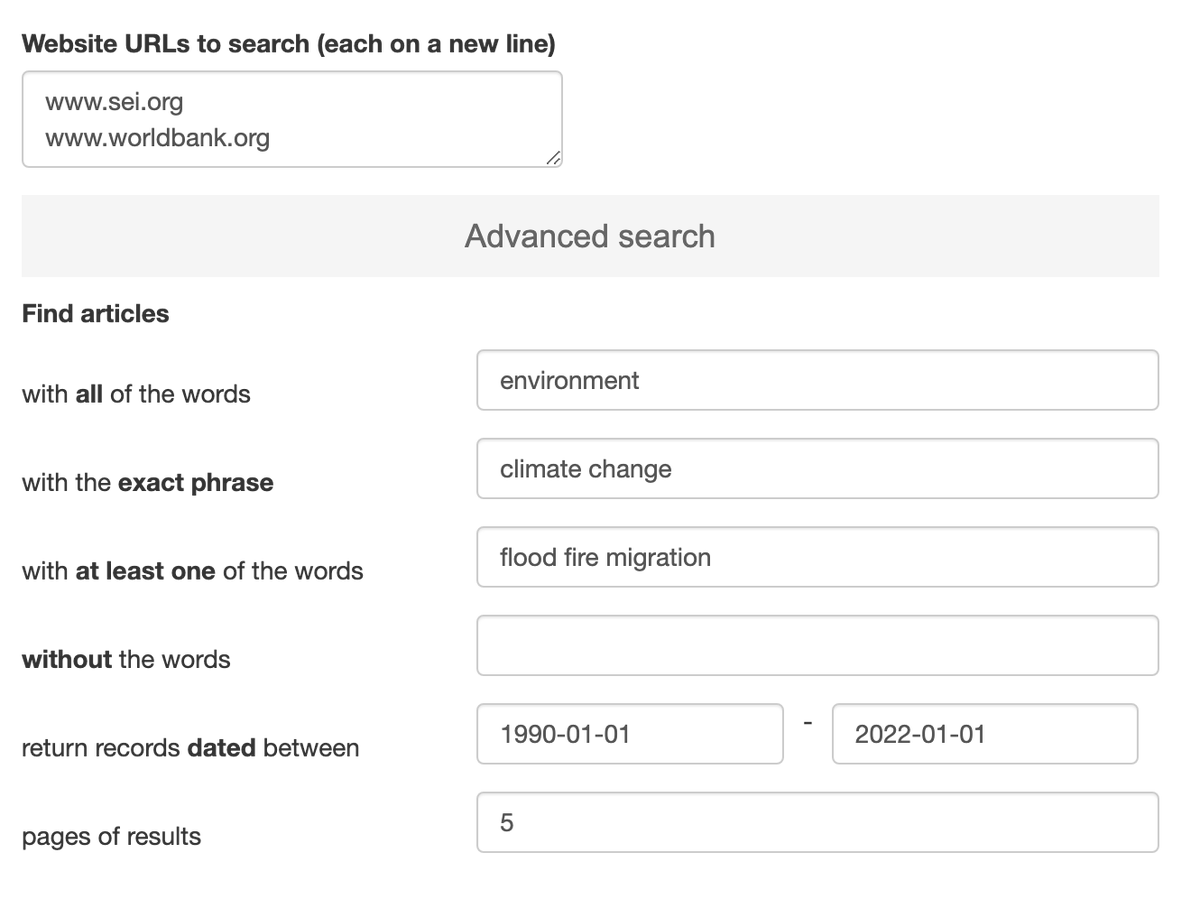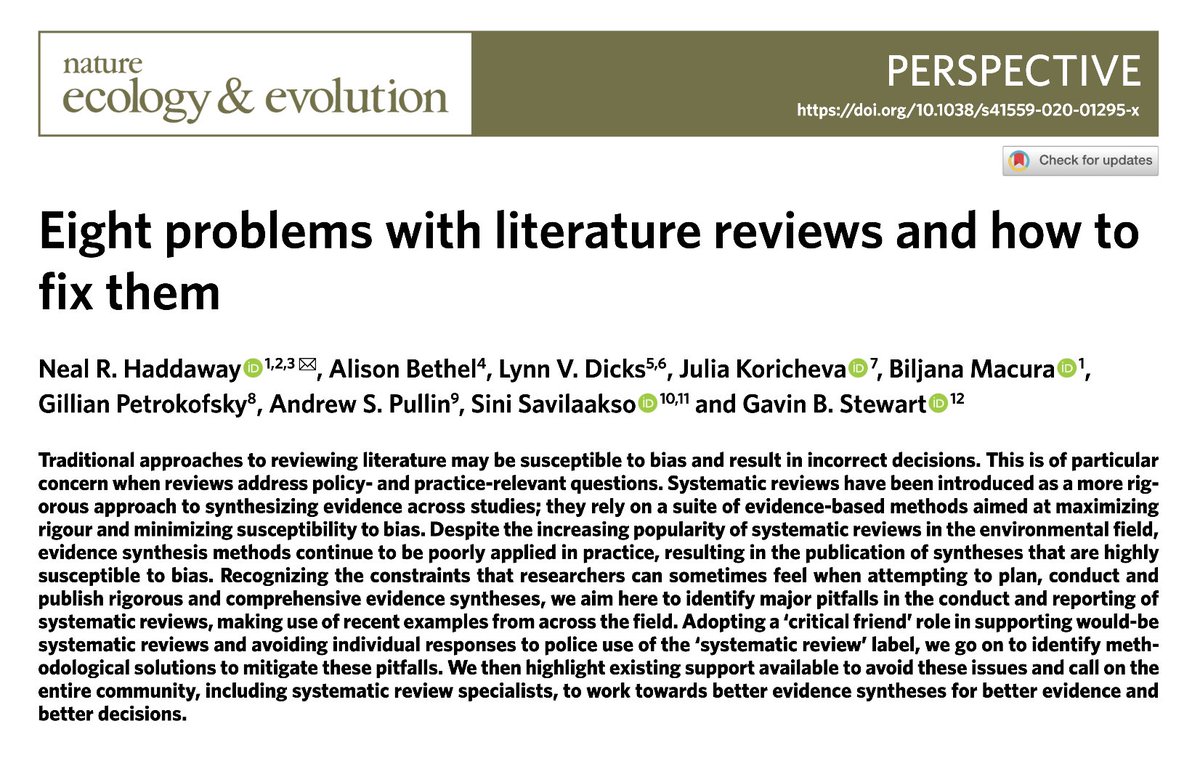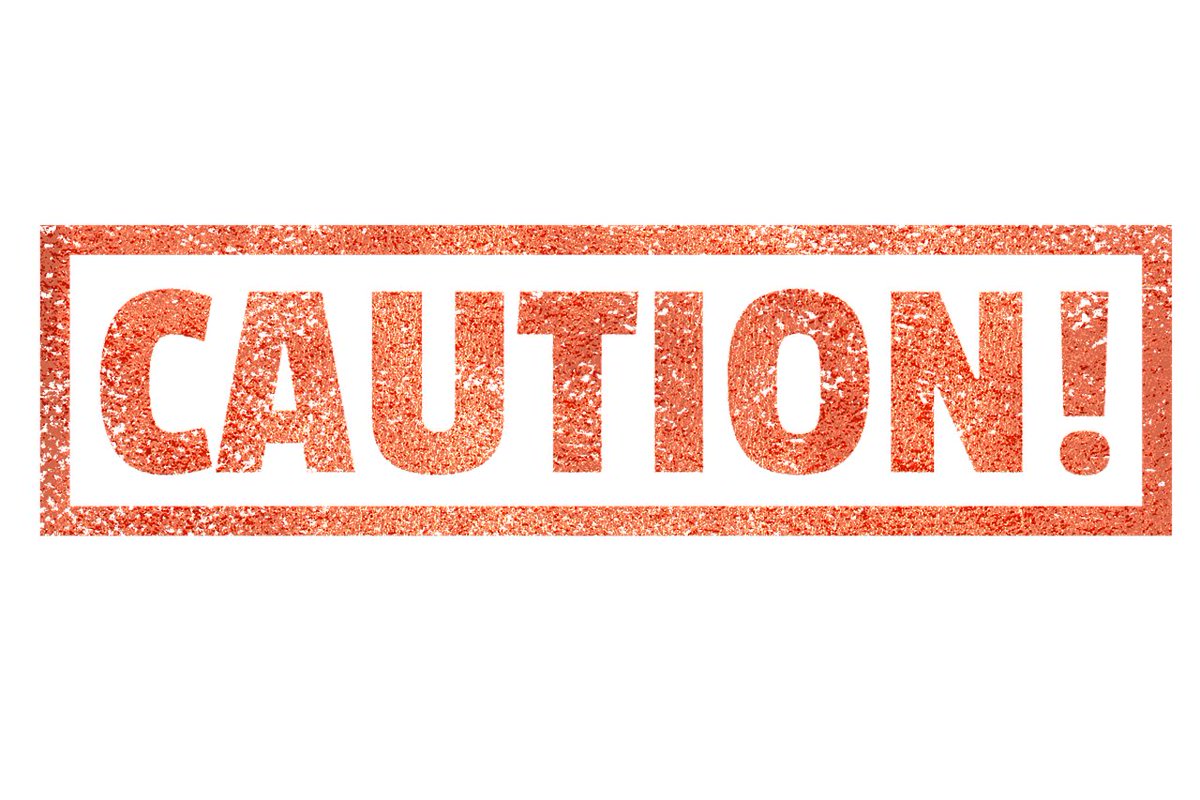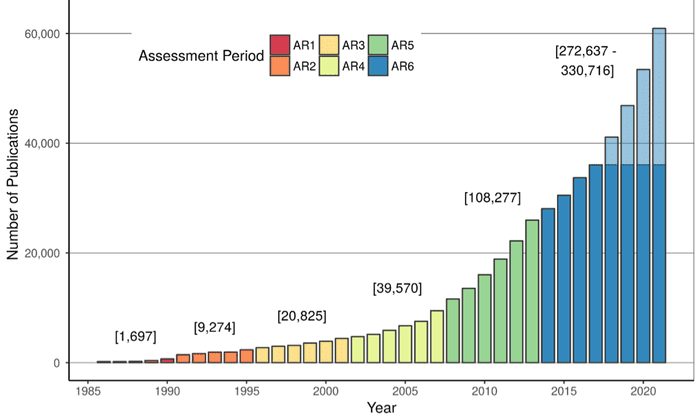
The other day, my (lovely) dentist asked what I did for a living - I said I've been working in environmental science and recently climate stuff a bit.
She said 'Wow - that must be an exciting time for you?'... (1/7)
#climateCrisis #climateAnxiety #climateEmotions #anxiety
She said 'Wow - that must be an exciting time for you?'... (1/7)
#climateCrisis #climateAnxiety #climateEmotions #anxiety
No, it's not an exciting time, it's terrifying - we're sleep walking into the end of civilisation as we know it, sat back on our soft sofas, drinking lattes, watching Netflix as the vast majority of the planet's population deals with all the crap we've done to get us here. (2/7)
Even as our lives get harder we can't even imagine how shit things are going to be for the less privileged 90% of the human race. I watch heroes getting arrested for desperately trying to get politicians to wake up and act urgently, whilst middle-aged white men hurl abuse.. (3/7)
...from the pavement and laugh at the 'hippies'. I overhear the police telling people they need to move because the protest is blocking ambulance access and we're costing lives, whilst cargo bikes and ambulances effortlessly pass by people rapidly jumping out of the way. (4/7)
I see everyone ignoring the evidence I've spent 15 years building a career to try to support. I feel powerless, angry, guilty, hopeless, scared, grief, rage, panic, loss, love, hope, pain, overwhelmed, resolute, resolved, purposeful, purposeless - all in a second (5/7)
But I just say: 'Yeah, it's good' and change the subject and I feel my throat tighten. (6/7)
If you're struggling with your emotions, you might find this project insightful. Maybe it'll help, maybe not. Who knows anymore. (7/7)
#climateCrisis #climateAnxiety #climateEmotions #anxiety #mentalHealth #letsTalk
nealhaddaway.com/hope
#climateCrisis #climateAnxiety #climateEmotions #anxiety #mentalHealth #letsTalk
nealhaddaway.com/hope
If you work at a research institute in London and think you might have space where I could exhibit 'Hope? and how to grieve for the planet', please do send me an email or DM 🙏
• • •
Missing some Tweet in this thread? You can try to
force a refresh

















